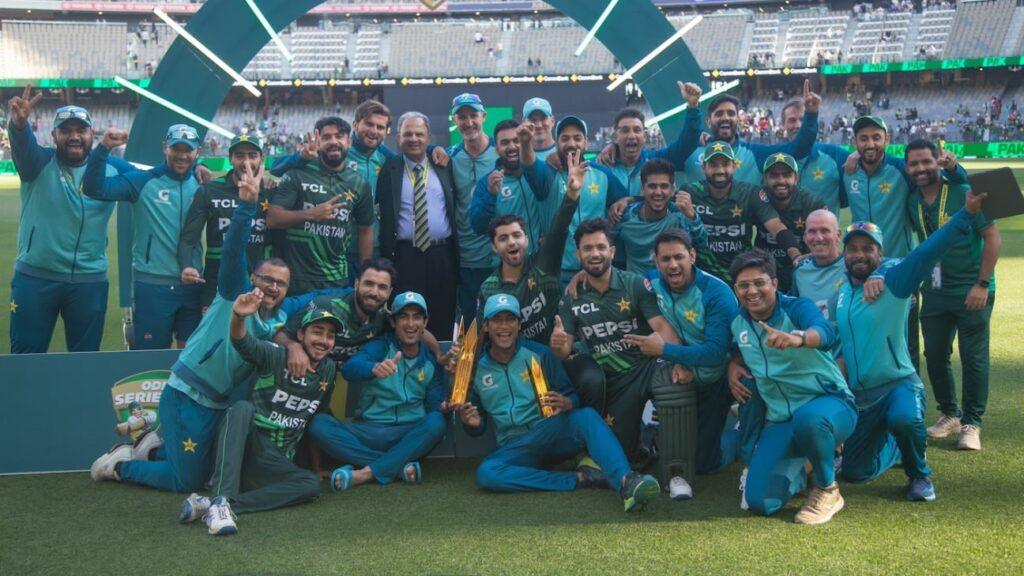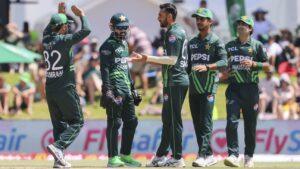“Our main focus at the moment is on ODI cricket ahead of the Champions Trophy,” Aaqib said. “You will see a settled team in this format. You will see changes in the T20I format. We plan to give new players chances in the Zimbabwe series. It is a message and an opportunity for the new players to take the chances they “If you don’t give new players chances, you never get the opportunity to improve your bench strength.
“Australia has never been an easy tour. When the team left, if we had said we were going to win the series, people would have thought it was impossible. Under the new captain [Mohammad Rizwan]they showed the world they could do it after 22 years [by winning 2-1]. They also had chances in the three T20Is, but if you don’t take your chances, you don’t win.”
However, Aaqib sought to portray his selection responsibility as a collaborative rather than a top-down arrangement. “We always consult the coach and the captain and then the selection committee announces the team,” he said. “From Multan till now there has been consistency in selection. Asad Shafiq was on the Australia tour. His role was to discuss selection with the coach and captain and present a final squad which would be discussed by the selection committee who made the final decision Now , instead of Asad, it will be me, but the final XI will still be decided by the committee, the selection committee is not just me.
“I’ve been coaching for 20 years. The coach’s role has a limit. You can create an environment and give loud, clear messages about the type of cricket you expect them to play and help prepare them. But at the end of the day, the players and the captain delivers the results.”
Aaqib is aware of the scrutiny and criticism a coaching job entails; indeed, he was a critic of a number of his predecessors, taking particular aim at what he saw as Misbah-ul-Haq’s dual role of being both chief selector and head coach. With Aaqib in an uncomfortably similar position; now, however, he believed that the cases could not be directly compared.
“My case is a little different from the cases you mentioned,” he said. “I’m not the chief selector but part of a panel. I don’t see it as a problem because we all want to pick players who do the best for Pakistan.
“Criticism is inevitable and can be healthy. It is within a player’s control whether people praise or criticize him. It also applies to the team. Criticism and praise all depend on your performance. I will be the first to take against criticism if it is deserved.”
Pakistan’s Zimbabwe tour starts with ODIs on November 24, 26 and 28 followed by T20Is on December 1, 3 and 5. All matches are played in Bulawayo.



